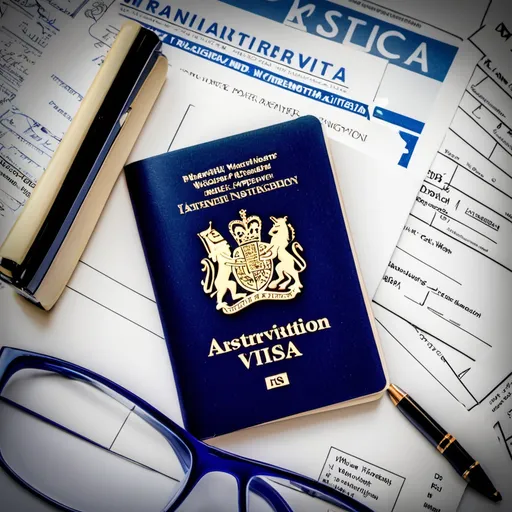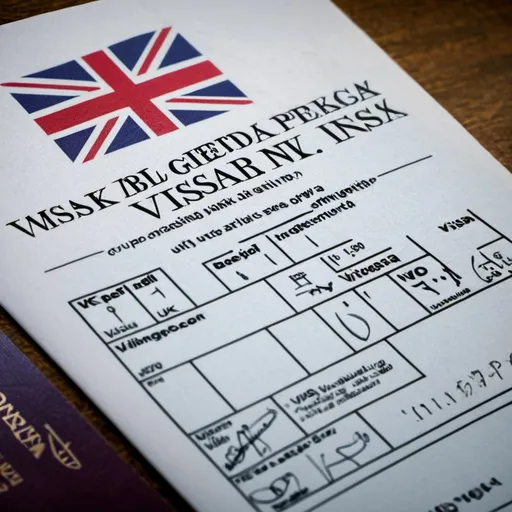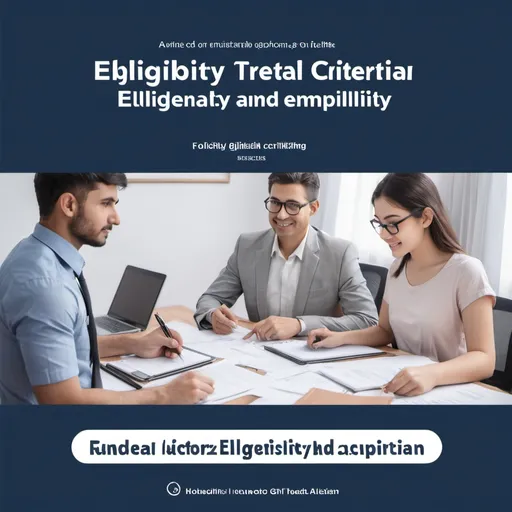UK Skilled Worker Visa Restrictions
The UK Skilled Worker Visa is an attractive immigration route for professionals seeking to work in the United Kingdom. However, like any immigration program, it comes with its own set of restrictions and challenges that applicants must navigate. Understanding these constraints is crucial for prospective visa holders. In this article, we will explore the key restrictions associated with the UK Skilled Worker Visa and how they impact applicants and their families.
Employer Sponsorship
One of the most significant restrictions of the Skilled Worker Visa is that applicants must be sponsored by a UK employer with a valid sponsorship license. This implies that individuals cannot apply for the visa independently; they must first secure a job offer from an eligible employer who is willing to act as their sponsor. This requirement can limit the opportunities available to applicants who may struggle to find suitable employment. To get a detailed eBook on the UK skilled worker visa restrictions click here
Role Eligibility
Not all job roles qualify for the Skilled Worker Visa. The occupations must be listed under the Standard Occupational Classification (SOC) codes, which define acceptable skilled positions. Additionally, the role must meet the skill level requirement, typically set at RQF level 3 or above, similar to A-level qualifications in the UK. This restriction can make it difficult for applicants in certain fields or industries to secure a visa. To get a detailed eBook on the UK skilled worker visa restrictions click here
Salary Thresholds
Minimum Salary Requirements
To be eligible for the Skilled Worker Visa, applicants must meet specific salary thresholds. As of October 2023, the minimum salary requirement is generally £26,200 per year or the ‘going rate’ for the specific job, whichever is higher. For certain roles in healthcare and education, there may be different minimum salary thresholds.
This restriction can pose challenges for applicants in sectors where entry-level salaries are below this threshold or where employers are unable to offer competitive wages. For recent graduates or those entering the workforce, meeting these salary requirements can be a significant barrier. To get a detailed eBook on the UK skilled worker visa restrictions click here
English Language Proficiency
Language Testing
Applicants must prove their proficiency in the English language, which entails meeting the minimum language requirement as outlined by the Home Office. This generally involves passing an English language test at B1 level or higher on the Common European Framework of Reference for Languages (CEFR) scale.
While this requirement aims to ensure effective communication within the workplace and society, it can be a barrier for some applicants, particularly those whose first language is not English, leading to additional costs and preparation time for testing.
Visa Duration And Renewal
Limited Duration
The Skilled Worker Visa is not permanent; it is typically granted for a maximum duration of five years. After this period, holders must apply for a visa extension if they wish to continue living and working in the UK. This restriction necessitates careful planning, as applicants must maintain their employment, sponsorship, and salary conditions throughout the duration of their visa to qualify for renewal.
Complexity Of Renewal Process
The process of renewing a Skilled Worker Visa can be complex and demands strict adherence to immigration rules. Applicants must provide updated documents, including proof of continuing employment and satisfying the salary threshold. Failure to meet these conditions can lead to visa refusal, ultimately jeopardizing the individual’s ability to remain in the UK. To get a detailed eBook on the UK skilled worker visa restrictions click here
Dependents And Accompanying Family
Limited Dependent Migration
While Skilled Worker Visa holders can bring their dependents (partners and children under 18) to the UK, the dependent visa does have restrictions on eligibility. The application process for dependents involves additional fees and requirements, which can put financial pressure on the main applicant.
Furthermore, there are restrictions on working rights for dependents; while partners can work in the UK, their ability to secure employment may depend on the job market and their skills. The role of the primary visa holder becomes even more critical when it comes to supporting the family, adding pressure to meet financial expectations.
Change Of Employment
Scrutiny On Job Changes
If a Skilled Worker Visa holder wishes to change employers, they must obtain a new sponsorship from the new employer and apply for a new visa. This involves navigating a potentially lengthy application process and ensuring the new job meets the relevant eligibility criteria, including salary thresholds and job role specified under SOC codes.
This restriction can create instability for applicants, as altering employment status may trigger visa restrictions, potentially impacting their ability to remain in the UK.
To get a detailed eBook on the UK skilled worker visa restrictions click here
No Access to Public Funds
Financial Limits
Skilled Worker Visa holders and their dependents are prohibited from accessing public funds. This means that they cannot claim most public benefits, such as housing assistance, child benefits, or unemployment coverage. The financial responsibility rests solely on the visa holder and their ability to support themselves and their families, which may prove challenging, especially in higher-cost living areas.
Compliance And Immigration Rules
Adherence To Conditions
Skilled Worker Visa holders are required to maintain compliance with the conditions of their visa throughout their stay. This includes remaining employed with the sponsoring employer, meeting the stipulated salary requirements, and adhering to the terms set out during the visa application.
Failure to comply with any of these conditions can lead to visa cancellation, deportation, and potentially a ban on future entry to the UK. This highlights the importance of careful management and understanding of the visa holder’s responsibilities under UK immigration law.
The UK Skilled Worker Visa provides numerous opportunities for skilled professionals looking to relocate to the United Kingdom. However, it is essential to recognize and understand the restrictions that come with this visa. From sponsorship requirements and salary thresholds to limitations on public funds and employment changes, prospective applicants must be diligent in navigating these complexities.
For those willing to meet the challenges of the Skilled Worker Visa, the potential benefits—such as career advancement, cultural exchange, and the possibility of permanent residency—can make the journey worthwhile. Nevertheless, thorough preparation and understanding of the restrictions will be crucial to making a successful transition to working and living in the UK.





